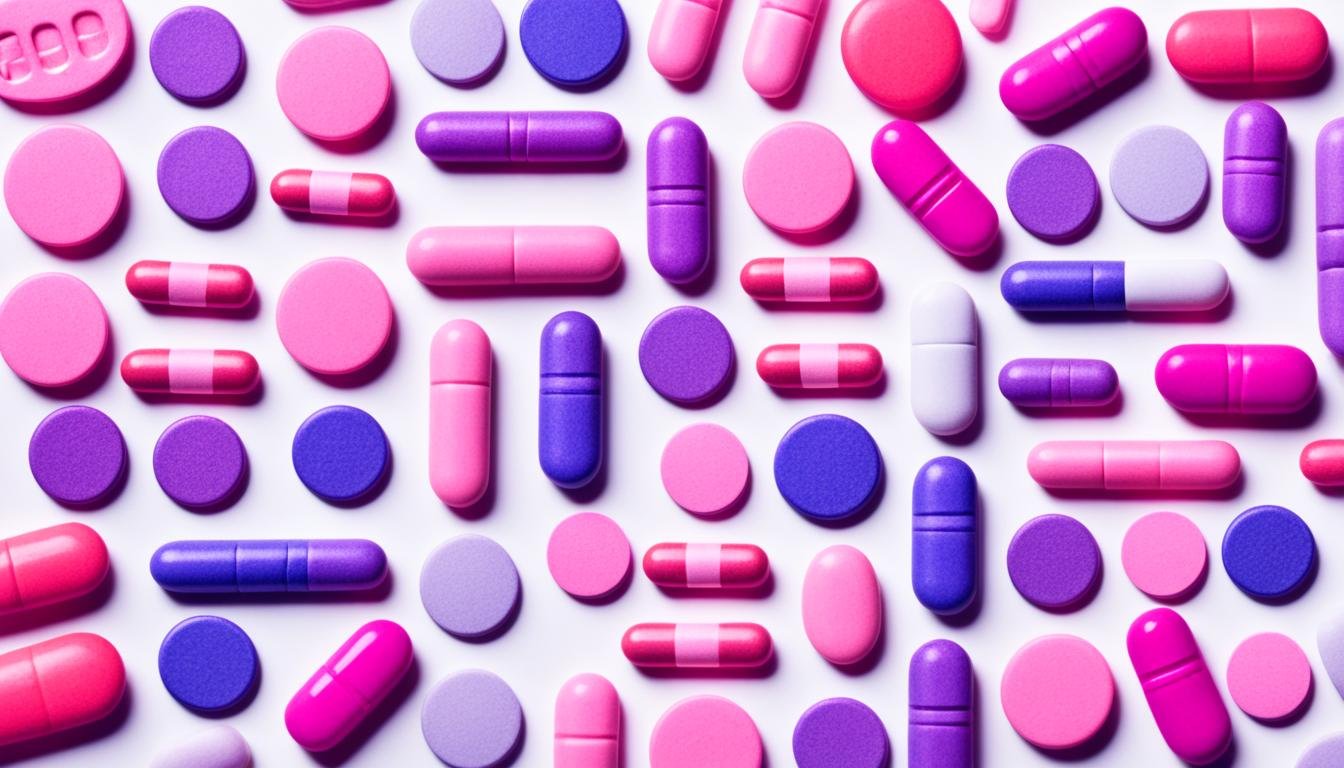A single puff of weed can be detected in a urine test for a few days. According to The Hope House, a 2017 review suggests that cannabis may be detectable in urine for the following amounts of time: single use (one joint, for example) can be detected for about 3 days2. Similarly, Launch Centers states that if you only had one hit of a joint, it would most likely only show up on a urinalysis for a few days3. Therefore, while the exact detection time can vary based on individual factors, a single puff of weed can typically be detected in a urine test for a few days.
The duration that weed (marijuana) stays in your system can vary depending on various factors and the type of drug test conducted. In this comprehensive guide, we will explore the different detection methods for marijuana and provide insights into how long it remains detectable in your body. Whether you’re facing a drug test or simply curious about the science behind it, we’ve got you covered.
Understanding THC and Metabolites
One of the key components of cannabis is THC (delta-9-tetrahydrocannabinol). Drug tests for cannabis primarily focus on detecting THC and its metabolites in your system. These metabolites tend to linger in your body even after the effects of weed have worn off. Due to their fat-soluble nature, they can bind to fat molecules, which slows down the elimination process.
Factors Influencing Detection Time
Several factors can influence how long THC and its metabolites stay in your system. These include:
1. Dosage
- The amount of cannabis consumed affects detection time.
- Higher doses often result in longer detection periods.
2. Frequency of Use
- Regular and frequent use can lead to longer detection times.
- Occasional users may have a shorter detection window.
3. Route of Administration
- The method of cannabis consumption (smoking, dabbing, edibles, sublinguals) can impact detection times.
4. Potency
- More potent cannabis with higher THC levels may stay in your system longer.
Types of Drug Tests and Detection Windows
Different drug tests have varying detection windows for cannabis:
Urine Tests
- Single use: Up to 3 days
- Moderate use (four times per week): 5–7 days
- Chronic use (daily): 10–15 days
- Chronic heavy use (multiple times per day): Over 30 days
Blood Tests
- Typically detect recent cannabis use, within the last 2–12 hours.
- In cases of heavy use, it can be detected up to 30 days after last use.
Saliva Tests
- Has a short detection window.
- May detect same-day cannabis use.
- THC may remain in oral fluid for up to 72 hours in frequent smokers.
Hair Tests
- Can assess cannabis use for up to 90 days.
- Hair follicles accumulate cannabinoids, providing a timeline of use.
Metabolism and Excretion of THC
THC is absorbed into the bloodstream when cannabis is smoked or ingested. It is temporarily stored in organs and fatty tissues, then broken down in the liver. The most significant metabolites are 11-OH-THC and THCCOOH. Eventually, THC and its metabolites are excreted through urine and stool.
Can You Speed Up Metabolism?
Unfortunately, there is limited influence on the speed at which THC metabolites leave your system. While exercise, a balanced diet, and hydration may help to some extent, they won’t drastically expedite the process. Beware of unreliable detox remedies and kits found online, as they can be harmful.
Frequently Asked Questions
1. How long does THC stay in the body?
- THC metabolites can persist in the body for at least 1–30 days after last use.
- Regular users may have elevated THC levels even after abstinence.
2. Will a single hit of weed show up on a urine test?
- Yes, a 2017 review suggests that even one-time cannabis use can result in a positive urine test for up to 3 days after last use.
3. Will weed show up in any urine test or sample?
- No, only urine tests designed to detect THC metabolites will reveal cannabis use.
Conclusion
In summary, the duration that marijuana stays in your system varies based on factors like dosage, frequency of use, and the type of drug test conducted. It’s essential to be aware of these factors, especially if you may face a drug test in the future. Remember that drug tests only indicate past use and are not a measure of current impairment.






